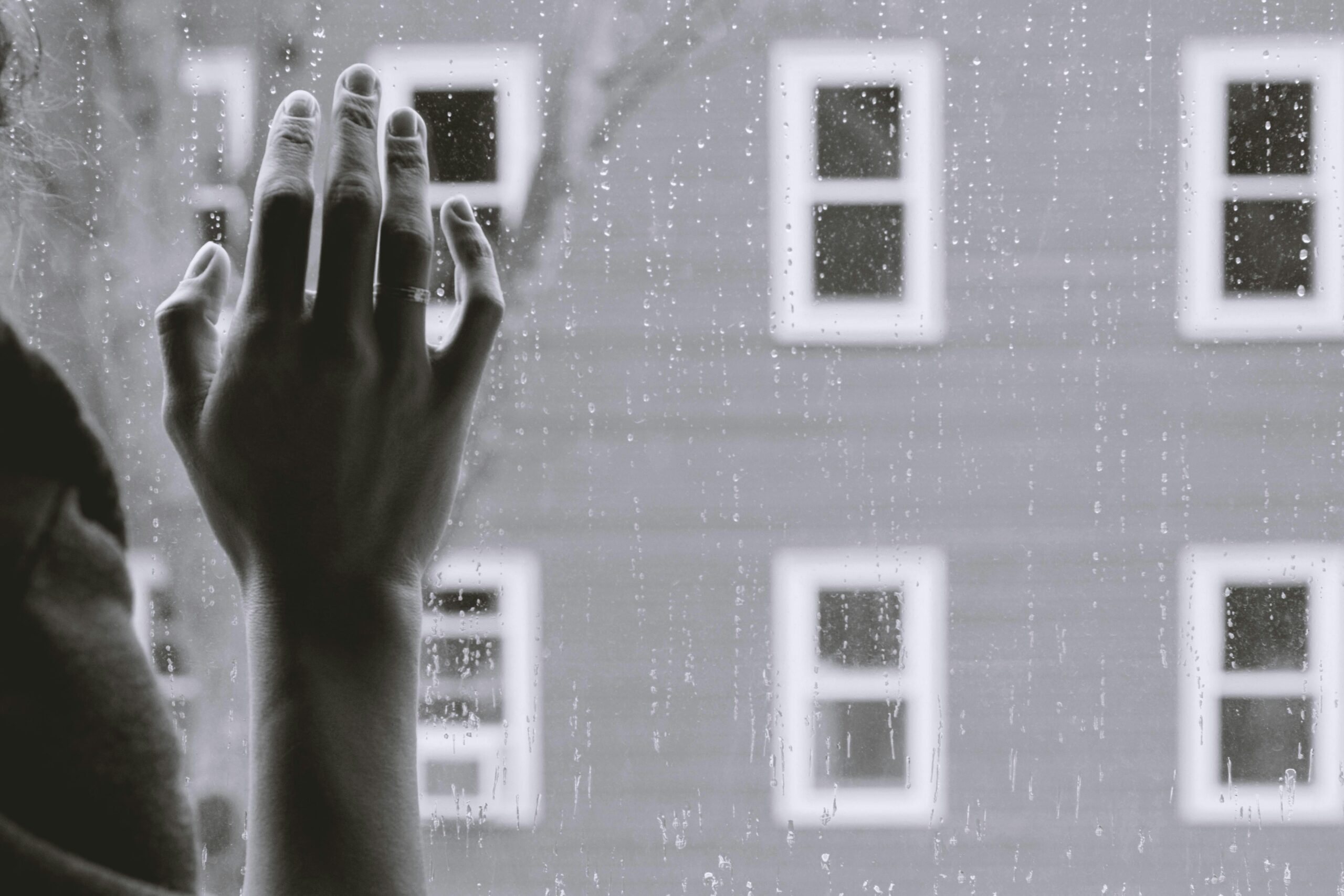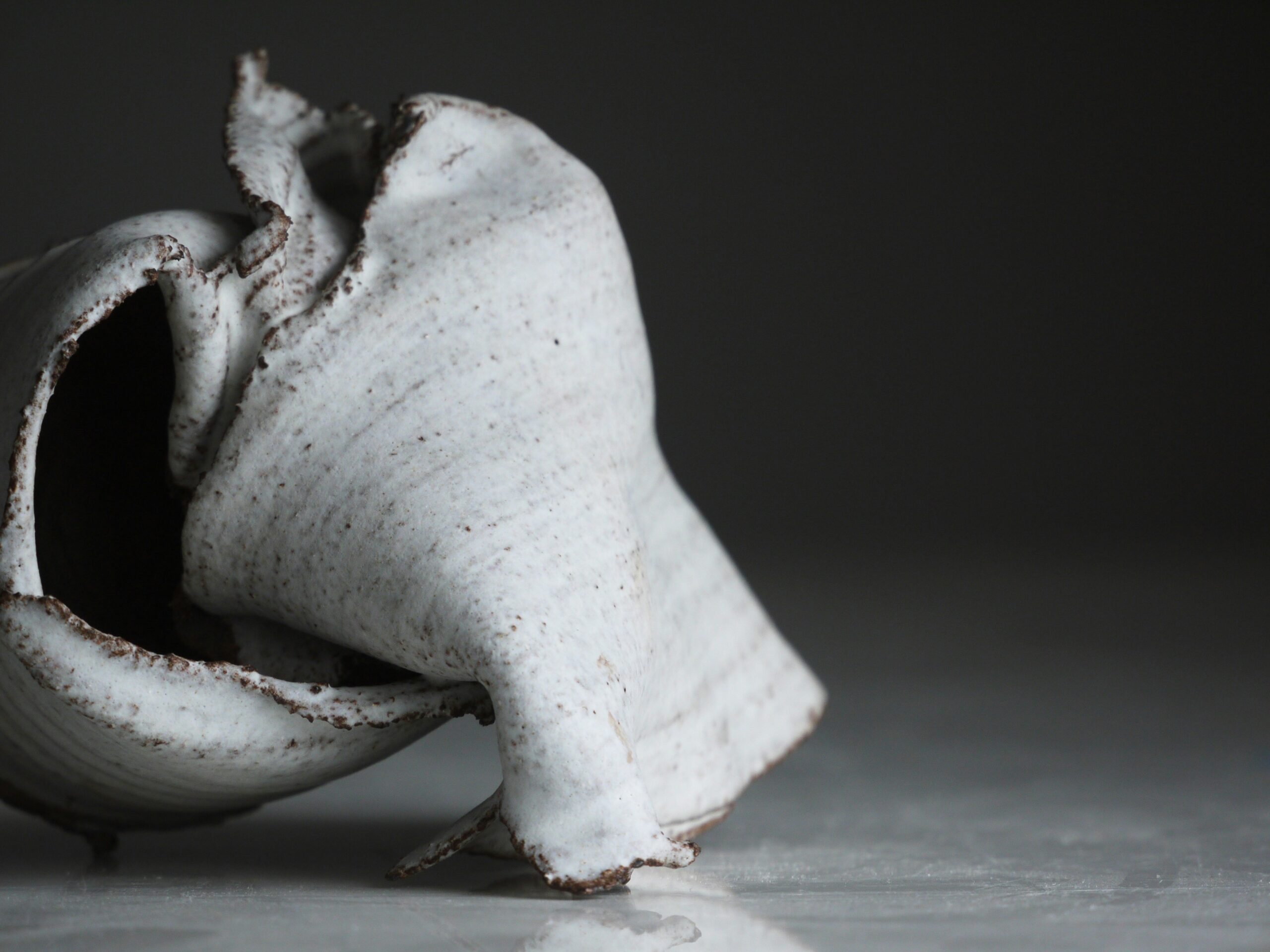
About a month and a half ago, I wrote a piece for Culture Slate called A Psychological Profile On Obi-Wan Kenobi — Culture Slate. In it, I did what the title suggests, I wrote a psychological profile of Obi-Wan Kenobi from the recent Disney+ show. I used a depression checklist and a PTSD checklist that my therapist gave me. After it was published, I was talking to my therapist about it. She asked me whether I noticed anything with the PTSD part. I thought for a moment and told her I was surprised at how familiar the PTSD symptoms were to me. I knew my depression was triggered by my marriage, but PTSD? I had never considered that before. PTSD is something that happens to soldiers and people in horrible accidents. Can you even get PTSD from relationships?
The answer, apparently, is yes. You can get PTSD from relationships, and it doesn’t even have to be an abusive relationship. At least that’s what my therapist tells me. I don’t know how I feel about that. I have trouble thinking of what I went through as trauma. It was absolutely stressful, but traumatic? I just don’t know.
My therapist pushed back, asking me why I wouldn’t want to call it trauma. I struggled a little for an answer, but it basically comes down to associations. When I think of trauma, I imagine physical hurts and crime victims and soldiers who saw battle. I don’t think of nonviolent domestic situations. She asked why not. I struggled again, but eventually decided it was because I feel like if we start labelling any old pain as trauma, it takes away from those people who have experienced real trauma.
This brought the inevitable question, “What’s ‘real’ trauma?” I thought about it for a while but couldn’t come up with an answer. Trauma seems to be one of those words that I know what it means without really knowing what it means. Don’t worry, my therapist wasn’t playing a game of ‘Gotcha’ with me. She was trying to change my perspective and help me see something in a new way. She suggested that I should broaden my idea of trauma because trauma can be different for every person who experiences it.
To be clear, we didn’t go through the whole diagnostic process. I’m not claiming to have PTSD, but if you had asked me before talking to my therapist, I would have dismissed the idea of PTSD as absurd. Now, I’m not so sure. It’s given me a lot to think about. Can I have PTSD? If so, can the PTSD be from a relationship? What can and should I do about it? These are all questions for my next session.
In the meantime, I have some of my own thoughts about PTSD and PTSD from relationships specifically. First, I’m still really uncomfortable describing what I went through as traumatic. I keep testing it and it keeps making me squirm. Being in and ending a bad marriage is so mundane. Trauma makes it seem special in a way that it wasn’t. Except, maybe it was. I’ll have to sit with this a while longer. Second, with this line of thought, I keep focusing on the myriad people who have had it way worse than I. It feels selfish to equate my pain with theirs.
My therapist has often cautioned me against comparative pain. My trauma, if that’s what it is, in no way takes away from anyone else’s. And two people can go through the same exact experience, but only one finds it traumatic. That’s just the way it works, it’s not fair to judge anyone’s trauma. My third thought is that I ought to be at least as charitable with myself as I am with others.
Now that I’ve learned that people can get PTSD from relationships, and I have experienced at least some of the symptoms of PTSD, my therapist and I will have plenty to talk about for a while. It’s a lot to process. It certainly doesn’t feel good, but, hopefully, it’s one of those moments of friction that will lead to progress.












